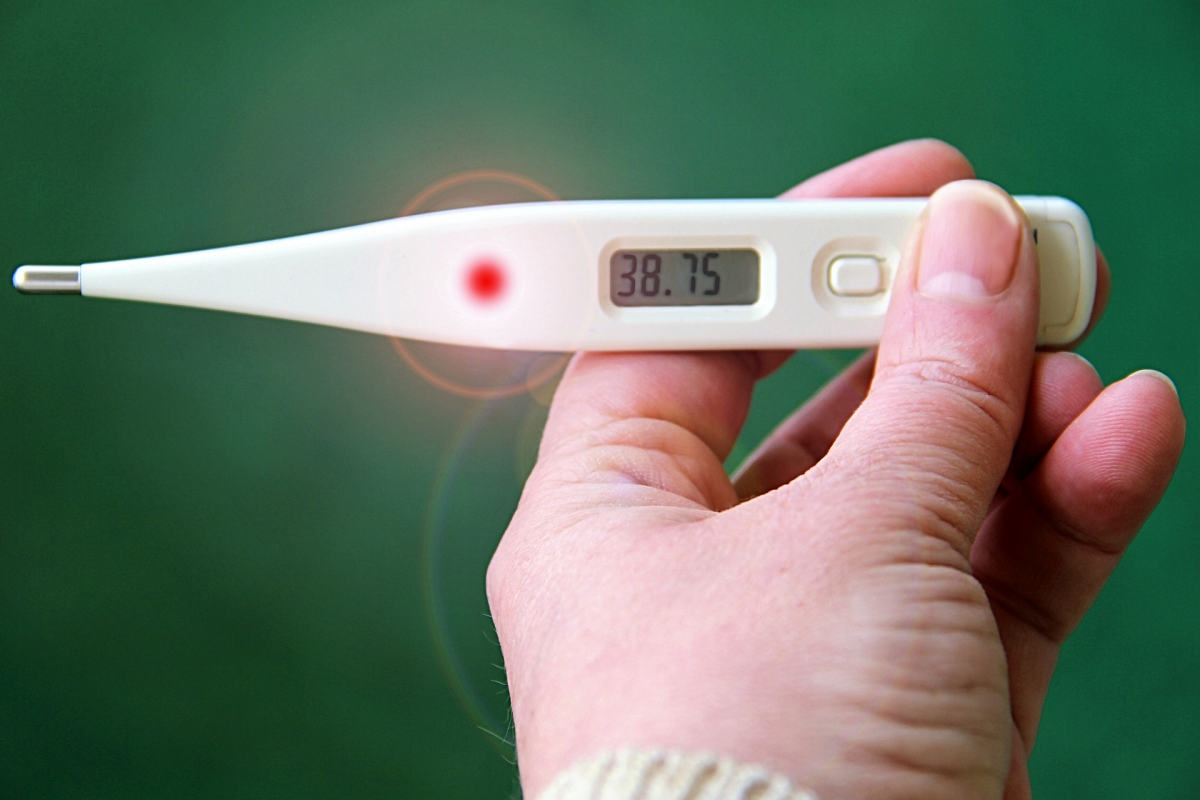Trichinellosis is a disease caused by the parasite Trichinella spiralis, which can infect humans when they eat pork or other infected animals. The symptoms of trichinellosis can vary based on the severity of the infection and can include several symptoms.
Trichinellosis: symptoms of infectious disease
- Abdominal pains
- Diarrhea
- Nausea and vomit
- Fever
- Swelling of the face and eyes
- Itching
- Muscle and joint pains
- Strong fatigue
- Breathing problems
In some cases, the infection can be serious and cause conditions such as myocarditis, encephalitis, or pneumonia. Trichinellosis can be treated with antiparasitic medications, but it’s important to seek medical help as soon as possible to avoid complications.
Trichinellosis: cases are rising in the province of Foggia
There are five confirmed and five other suspected cases of trichinosis in the man ascertained in the province of Foggia. According to the investigations carried out so far, it is assumed that people positive for the trichinella parasite, which is transmitted to humans exclusively by food, would have eaten wild boar meat. The health conditions of the ten people are good and they are being treated at home with drug therapy. Investigations by ASL veterinarians continue to verify the origin of the parasite.
Trichinellosis: how does it get infected?
The contagion of trichinellosis occurs through the consumption of pork or other animals infected with the parasite Trichinella spiralis. Raw or undercooked meat is a potential vehicle for transmitting the infection. In particular, the parasite can be present in the muscles of the infected animal, in the form of larvae, which can survive even after cooking. In some cases, the infection can also occur through the ingestion of raw or undercooked meat products, such as sausages or hams, or contaminated products of animal origin, such as cheese or smoked fish. To prevent the contagion of trichinellosis, it is important to follow some hygienic rules in preparing and cooking meat, such as always washing your hands after handling raw meat, freezing meat for at least three weeks before consuming it, cooking meat at a high temperature and check that it is well cooked before eating it.
Trichinellosis: how is it treated?
Trichinellosis is a disease caused by the parasite Trichinella spiralis, which can cause gastrointestinal symptoms, fever, body aches and other complications. Treatment for trichinellosis depends on the severity of the symptoms and the extent of the infection. In most cases, trichinellosis resolves spontaneously without the need for any specific therapy. However, in severe cases, it may be necessary to take antiparasitic drugs, such as mebendazole or albendazole, which may be prescribed by your doctor. Additionally, you may need to take medications to relieve symptoms, such as anti-inflammatories for muscle pain, antipyretics for fever, and antiemetics for vomiting. Prevention of trichinellosis is key to avoiding the disease. It is advisable to eat meat only after it has been thoroughly cooked and to avoid the consumption of raw or undercooked meat, such as filet tartare or smoked meat. Furthermore, it is important to only buy meat from reputable and reputable suppliers. Finally, it is necessary to follow the rules of hygiene in the preparation and handling of food.
